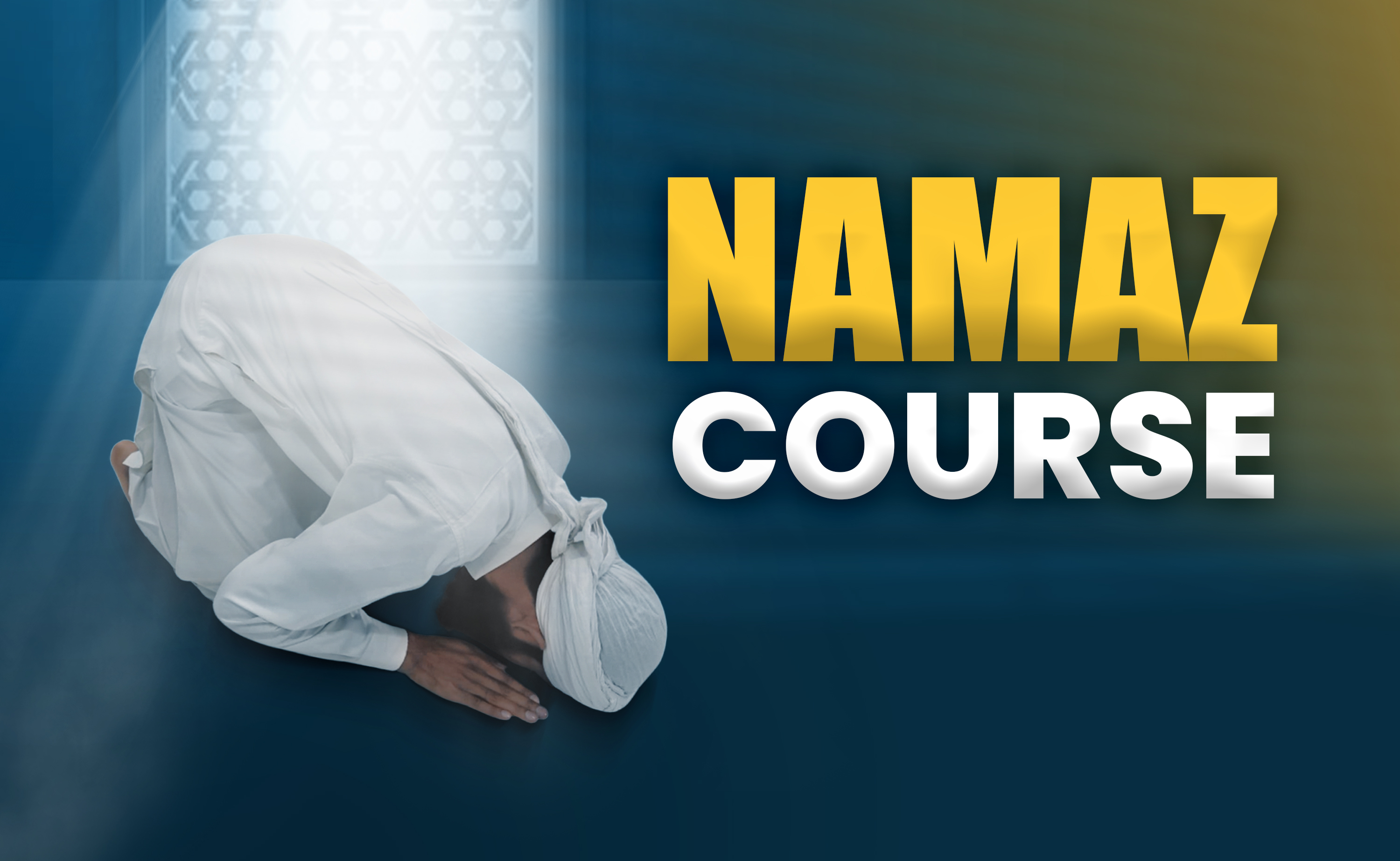What Topics Will the Course Cover?
-
The meaning and significance of Salah in Islam
-
Different types of Namaz like Namaz e Eid, Namaz Jummah and Funeral prayers
-
Fard, Sunnat and nafl prayer benefits
-
Preconditions of Namaz & its Mufsidaat (actions which break salah)
-
Makroohat-e-Namaz (the actions that weaken salah)
-
Conditions of leading Salah & other rules of Jama’at
What Will You Achieve?
-
The ability to perform daily salah the accurate way
-
Understanding of the true meaning of salah and its blessings
-
Conceptualization of namaz in the light of Ahadees and the Quran
Overview:
Namaz (نماز) is the Persian word for Salah (الصلاة), the Islamic prayer which is obligatory upon Muslims as soon as they reach the age of reason. Salah, being the second pillar of Islam has enormous importance and it’s the act that will determine how one will end up in the afterlife. In fact, the first question to be asked by angels will be about namaz after death.
If the answer to the salah question is satisfactory, the further stages of Akhirah (Judgement Day) will be much easier.
The ritual of salah is a daily prayer, to be performed five times a day. The five daily prayers of Islam are namely: fajr, zuhr, asar, maghrib and isha. There are several steps within a salah itself. Meaning, that a salah is composed of multiple actions, recitations and gestures that make it complete and valid.
The significance of prayer can be known from the fact that Allah has ordered Muslims to pray Salah approx. 700 times in the Glorious Quran, the last of all holy books.
Namaz course is a comprehensive course in Islamic education, teaching you to how to offer salah in the best way possible. The course sheds light on the various aspects of salah from its meaning and definition to the types of namaz, conditions for prayer, salah method, rules of namaz for males and females, benefits of namaz, blessings of prayer and much more.
Also, the course covers the different categories of namaz and how to perform them in accordance with Shariah, for example, nafl prayer, fard salah, eid namaz method and funeral prayers.
Who Is This Course For?
The minimum age of students for this course is 13 years. They must be able to read and write in Urdu and possess an understanding of basic Islamic concepts.

Trending
This Course Includes
-
Anytime, Anywhere
-
Downloadable Resources
-
Individual & Group Class
-
Access on Mobile & Computers

